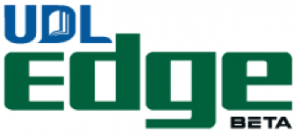SUSTAINING INNOVATIVE INFORMAL EDUCATION THROUGH INTELLECTUAL PROPERTY
Keywords:
Intellectual property, Islam, Diversity, Public interest, InnovationAbstract
Various technological innovations in ICT have brought about profound changes in major aspects of education, namely the content delivery or pedagogy, and the structure or management of both formal and informal education. Current technology has also offered the ease of copying or reusing new innovation without the need to acknowledge or compensate the creators. New books, and methods or techniques can easily be copied and digital resources may speedily be scanned and forwarded without much regard to the creators’ effort or investment. These actions would potentially discourage creations of new innovations that would be useful for public lifelong learning. Understanding cultural perspectives in the relationship between the intellectual property system and religious works is significant since it analyzes the intersection of belief and culture with the application of the law. This paper explored the development of creativity and innovation in an informal education setting, specifically looking at Quranic teaching offered by private enterprises in Malaysia as a case study. This paper examined (a) to what extent the Quranic teaching and learning have been innovatively developed and (b) to what extent developers of new innovation in Quranic teaching and learning deem it necessary to protect their creations under intellectual property rights protection. This study utilized qualitative research, by way of document analysis gathered from reports, brochures, journal articles, newspapers, the Internet, websites and mass media focusing on the creativity and innovation in informal religious education. It also conducted semi-structured interviews with several companies that used new innovative methods in teaching the Quran. The findings revealed that although intellectual property protection is seen as a valuable business asset which provides legal recognition and acts as quality control, intellectual property protection plays a minimal role in encouraging innovation or the spread of Quranic teaching.




















